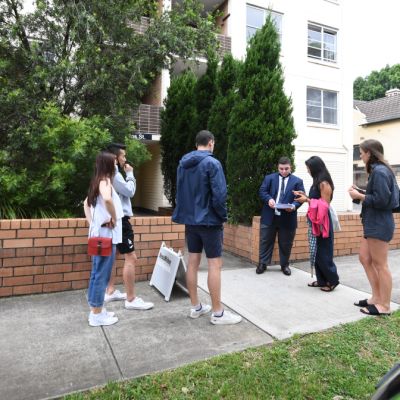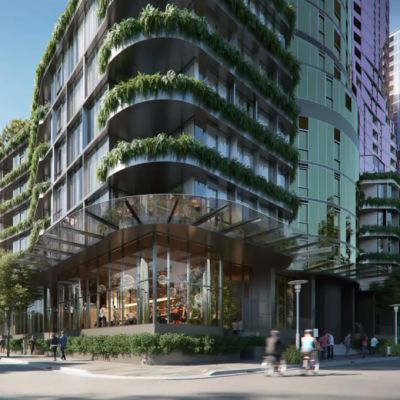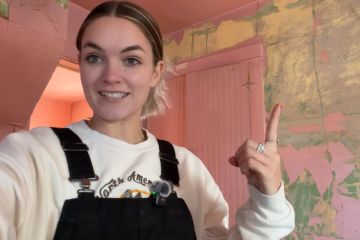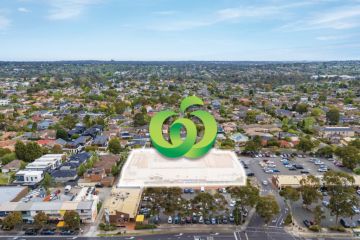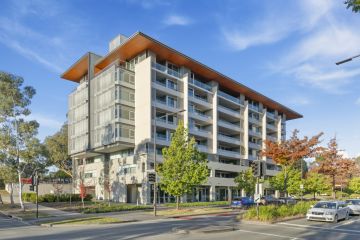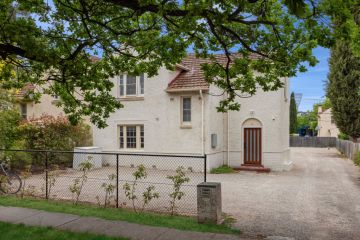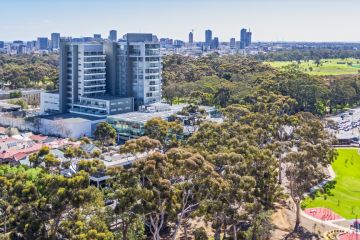Will house prices go up even further once the international borders are opened?
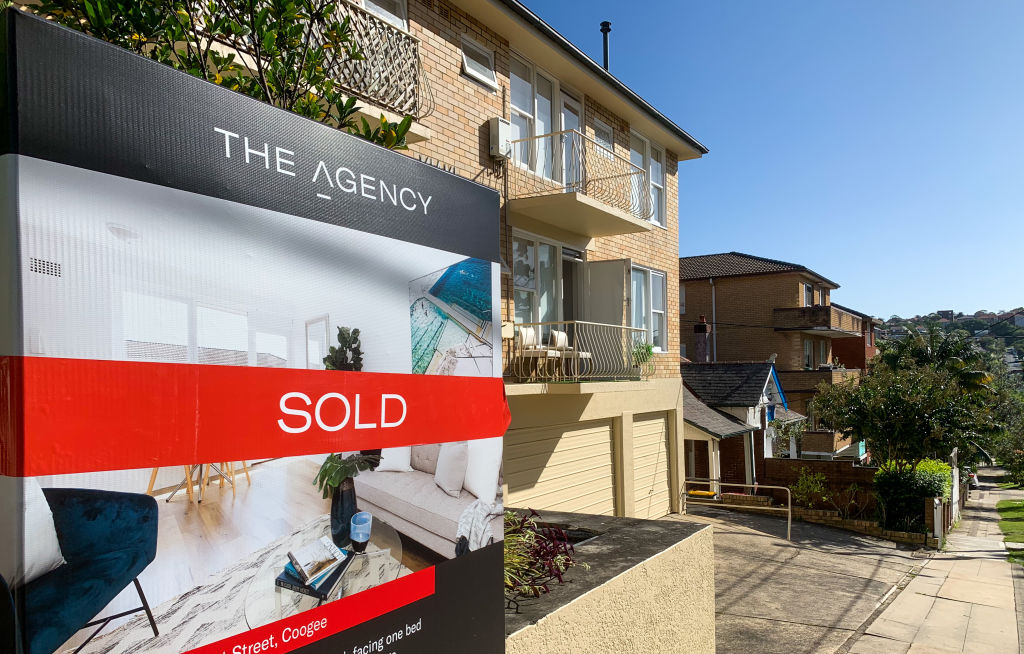
The reopening of international borders could put further upward pressure on house prices and should be done gradually to avoid overheating the property market even further, experts warn.
Figures out last week show Australian house prices grew by 2.1 per cent in February, the biggest month-on-month gain in 17 years.
The CoreLogic data revealed Sydney’s median house price had increased by 4.8 per cent over the past three months, while Melbourne’s median house price had risen by 4.2 per cent.
AMP Capital chief economist Shane Oliver said a careful and gradual reopening of international borders would be needed to ensure a sudden spike in housing demand didn’t send house prices skyrocketing even further.
“You can argue from the point of view of affordability that the best option would be to slow any rise in immigration that will occur with the reopening of borders,” he said.
“So, rather than allow immigration to suddenly jump back to what it was before, a better option would be to more gradually phase its return to enable the property market to adjust without becoming even more overheated.
“If we were to allow a return to normal immigration levels then you’re suddenly doubling demographic demand again at a time when the property market is still hot from low interest rates, then that could cause a real problem in terms of adding pressure on prices and worsening affordability.”
The Centre for Population predicts it could be three years before net overseas migration returns to pre-pandemic levels.
In the last full financial year before the pandemic hit, Australia’s net overseas migration was 239,7000. It fell to 154,100 in the 2020-21 financial year, and is forecast to drop to -71,600 this financial year and to -21,000 in 2021-22, before returning to positive growth of 95,900 in 2022-23 and 201,100 in 2023-24.
The National Housing Finance and Investment Corporation (NHFIC) has warned that housing affordability could worsen from 2023, particularly if supply doesn’t respond to demand when it recovers on the back of international borders reopening.
In the report State of the Nation’s Housing 2020 published late last year, NHFIC predicted new housing supply would exceed new demand by about 127,000 dwellings in 2021, and 68,000 dwellings in 2022, with Sydney and Melbourne to have the largest excess supply of housing stock.
However, from 2023 to 2025, on the back of a strengthening economy and a return to normalisation of Australia’s migration program, new demand was expected to exceed new supply.
It predicted that in 2024, Melbourne would experience an undersupply of almost 16,000 dwellings, and in Sydney there would be an undersupply of almost 14,000 dwellings.
NHFIC CEO Nathan Dal Bon said the global pandemic and the current pause in immigration “presents an opportunity to ensure policy frameworks, including planning and approvals, can accommodate future population growth and housing supply without adverse consequences for affordability.
“NHFIC’s State of the Nation’s Housing report showed that after a short period – this year and 2022 – where supply is expected to exceed new demand, the situation could reverse and new demand for housing could outpace new supply.
“The longer-term trends of declining affordability, particularly for low-income households in the private rental market, are likely to persist, particularly if supply does not respond when demand recovers.”
Real estate agents in capital cities say they are already fielding calls from both returning Australians and new migrants looking to snap up property even before the borders have reopened.
“This market has got a long way to go in terms of growth,” said Andrew Hayne, from Marshall White Stonnington, during an auction of a family home in Glen Iris on Saturday, which sold for $505,000 above the reserve.
“When the international borders open and the expats come home property prices are really going to take off.”
Speaking to Domain after the auction, Mr Hayne said he was already receiving enquires from abroad.
“I think the impact it will have on prices will depend on when the borders reopen and how many are allowed to come in. But when you consider that we are the lucky country and the way in which we handled the virus we are going to be a very appealing destination,” he said.
“We are already getting calls from both expats coming home and people generally looking to move here. With interest rates being where they’re at and the Reserve Bank saying they’re not going up in the next couple of years, it will be very interesting to see what happens when the borders open.”
CBA head of Australian economics Gareth Aird said while the reopening of international borders would “put upward pressure on prices at the margin”, low interest rates were going to continue to have a far greatest impact on property prices.
“If we had interest rates where they are today and the international borders were open you would see even more demand for housing,” he said.
“But what’s going on right now is all about where mortgage rates are and that is, by far, going to have a bigger impact on the property market in the short term than what’s happening in terms of population growth.
“It’s quite amazing to think how fast prices are rising right now given the international borders are closed, but I think it just highlights how important interest rates are in terms of what someone is prepared to pay for a property right now.”
Last month, the CBA forecast national house prices would rise by 14 per cent over the next two years – by 8 per cent in 2021 and 6 per cent in 2022.
Mr Aird said those figures “could end up coming in even stronger” with high auction clearance rates and a jump in new lending “all pointing towards housing at red hot levels”.
“We think prices could rise very, very quickly over a short amount of time,” he said.
We recommend
States
Capital Cities
Capital Cities - Rentals
Popular Areas
Allhomes
More
- © 2025, CoStar Group Inc.

